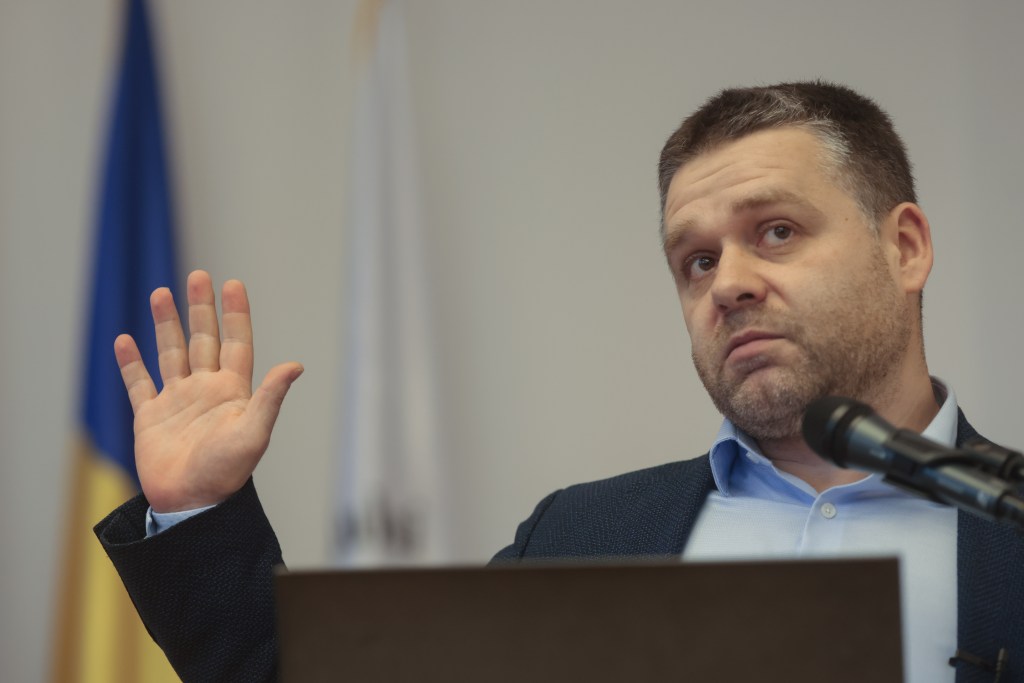Intr-o lume in care relativismul moral si amnezia fac ravagii, iar cinismul pare sa fie contagios, este extrem de important sa intelegem ca ideile nu sunt simple exercitii abstracte, speculatii in vid, ci au o legatura directa cu istoria reala a oamenilor reali. Marele ganditor liberal, Isaiah Berlin, a scris despre puterea ideilor intr-o carte publicata, in traducere romaneasca, in colectia “Zeitgeist” de la Humanitas. Biblioteca Congresului va gazdui timp de o saptamana, incepand de luni, 29 aprilie, o serie de discutii despre carti recente sub titlul “Igniting Conversations, Illuminating Minds”. Mi s-a facut cinstea de a fi invitat sa vorbesc in prima sesiune a acestei manifestari intelectuale de mare prestigiu.
Imi propun sa accentuez teme legate de rolul ideologiilor fals-mantuitoare in geneza sistemelor si practicilor totalitare, dublele standarde in explorarea si condamnarea totalitarismelor, seductia exercitata de utopiile revolutionare asupra atator intelectuali intr-un secol fara egal ca violenta, barbarie si pulsiuni genocidare. Intr-un recent interviu cu Jamie Glazov (admirabil tradus de Monica Got si publicat pe portalul “In linie dreapta”) spuneam ca “nimic nu poate fi mai dăunător pentru libertatea umană decât eforturile statului de a le impune indivizilor lipsiți de apărare o viziune oficială asupra adevărului. Niciun interes de stat nu poate justifica încercările explicite sau implicite de a transforma individul într-un instrument al conducerii. Nicio definiție a Binelui aprobată de stat nu ar trebuie să aibă întâietate asupra convingerii noastre că, prin acțiunile proprii, ne împlinim umanitatea – nu ne-o degradăm, nici nu ne-o negăm.” Acestea sunt principalele concluzii ale cartii.
Relationship Between Communism and Fascism Is Subject of Book Discussion
“The Devil in History” Draws on Author’s Personal Experiences
Political scientist Vladimir Tismaneanu – in his new book, “The Devil in History: Communism, Fascism and Some Lessons of the 20th Century” (University of California Press, 2012) – reflects on his experiences with communist totalitarianism to explore the movement’s political passions, radicalism and utopian ideals, as well as its consequences in the 20th century’s experiments in social engineering.
Tismaneanu will discuss and sign his book on Monday, April 29, at noon, in Room LJ 119 of the Thomas Jefferson Building, located at 10 First St. S.E., Washington, D.C. This Books & Beyond program of the Center for the Book in the Library of Congress is co-sponsored with the Library’s European Division. It is free and open to the public; no tickets are required.
During the week of April 29, the Library will host a series of lectures, panels and presentations under the theme “Igniting Conversations, Illuminating Minds.” The events – sponsored by the Library’s Center for the Book, European Division, John W. Kluge Center, Law Library and Poetry and Literature Center – will feature experts and notable thinkers in the areas of history, law, culture and public affairs.
“The Devil in History” compares communism and fascism as competing, sometimes overlapping, and occasionally strikingly similar systems of political totalitarianism. Tismaneanu examines the inherent ideological appeal of these radical and revolutionary political movements, the visions of salvation and revolution they pursued, the charismatic types who led them, the violence within these systems and their legacies in contemporary politics.
The author discusses thinkers who have shaped contemporary understanding of totalitarian movements, such as Hannah Arendt, Raymond Aron, Isaiah Berlin, Albert Camus, François Furet, Tony Judt, Ian Kershaw, Leszek Kolakowski, Richard Pipes and Robert C. Tucker. The book is as much a theoretical analysis of the practical philosophies of Marxism-Leninism and Fascism as it is a political biography of particular figures. According to the author, it deals with the incarnation of the diabolically nihilistic principles of human subjugation and conditioning in the name of presumably pure and purifying goals.
Citeste tot articolul si comenteaza pe Contributors.ro


















